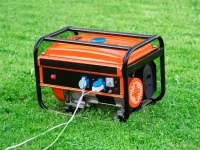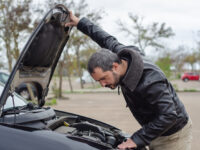Common Causes and Symptoms of Piston Ring Failures

Piston rings are responsible for sealing the combustion chamber. They are calibrated to precise tolerances to provide the proper pressure to the cylinder wall or liner and excellent diesel power performance. It guarantees that an even layer of oil is applied to all the cylinder’s working surfaces. This offers enough lubrication while also protecting against wear and tear. Moreover, piston rings are sold in sets of three rings. The top compression ring is the first, followed by the middle compression ring, and lastly, the oil control ring. These components are modest in size, yet they play a significant role in the overall performance of your engine’s main cylinder block. Their purpose is to block off the gases produced during the internal combustion process, assist in the passage of heat to the cylinder wall, and subsequently lubricate and scrape oil from the cylinder wall and piston rings. It is critical to get the oil amounts perfect the first time. Too much oil will cause it to burn away during combustion, perhaps causing your engine to emit blue smoke. At the same time, too little oil may cause the engine to stop up entirely eventually.
The primary function of the top compression ring is to block off the bulk of the combustion gases, allowing you to extract the most power possible out of your engine at the lowest possible cost. Any failure of the piston ring in this location indicates that your engine is not working as effectively as it should be doing. The bottom ring’s responsibility is to maintain most oil control, ensuring that the proper amount of oil is used to lubricate the cylinder’s working surfaces. The intermediate ring assists with both functions, providing a final finish in the combustion sealing and the downward oil scraping. These three rings working together to provide adequate lubrication inside the cylinder bore ensures that no unnecessary wear happens at any point throughout the engine’s operating cycle. To ensure complete and efficient combustion, the pistons must establish a tight seal between the cylinder walls and the cylinder head. This seal is generated by a sequence of piston rings that round the piston and act as a vacuum seal. As the engine ages, the piston rings may lose their ability to seal properly, or they may even break over time due to heat or inappropriate tolerances being used.
To know more about common causes and symptoms of piston ring failures, below is an infographic from Pure Diesel Power.








